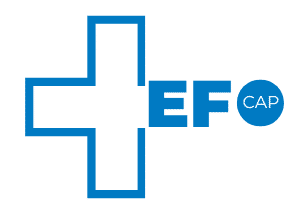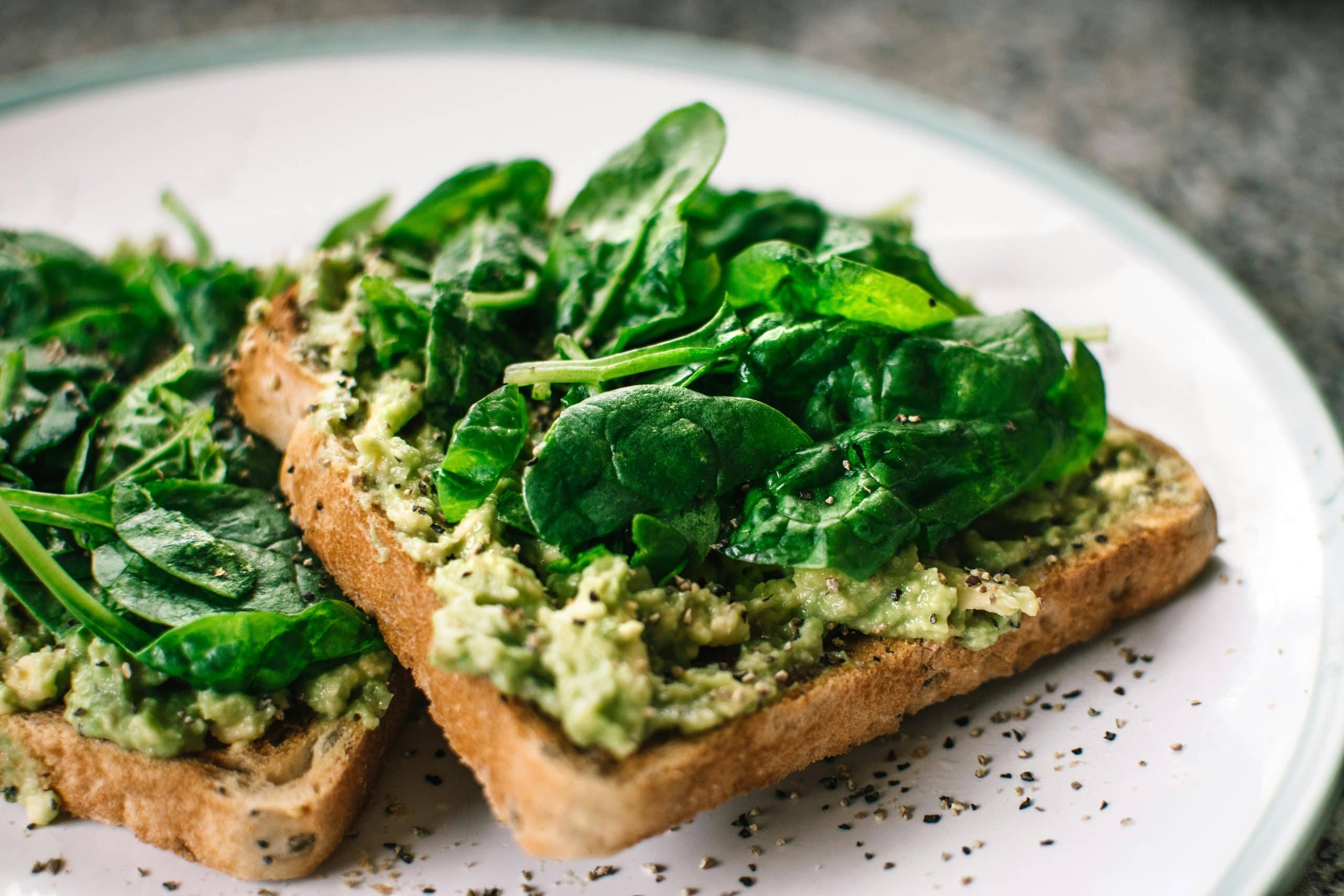Navigating the path of pregnancy can often feel like uncharted territory, especially when it comes to diet. For vegan women in particular, maintaining an optimal intake of essential nutrients becomes a higher priority. With the inherent absence of animal products in their diet, vegan pregnant women need to be mindful of their nutritional intake to ensure both their health and the wellbeing of their growing baby. So what vitamins, minerals, and dietary supplements should vegan pregnant women consider to optimise their health? Let’s delve into this topic, unravel the nutritional puzzle, and provide practical guidance for expecting vegan mothers.
Vitamin B12: A Crucial Player in Pregnancy
Vitamin B12 is a water-soluble vitamin that plays a crucial role in the normal functioning of the brain, nervous system and formation of blood. It is involved in the metabolism of every cell of the human body, particularly affecting DNA synthesis and regulation.
Also to see : How Can UK Pregnant Women Plan Their Nutrition to Support Multiple Pregnancies?
Vegan diets, by their nature, are devoid of natural sources of B12. Thus, supplementing this vitamin is critical, particularly during pregnancy, when maternal deficiencies could lead to severe neurological damage in the baby. The UK Vegan Society recommends a daily intake of 1.5 micrograms of B12 for adults, including pregnant women.
The easiest way to ensure adequate intake of this vitamin is via a B12 supplement. It is available both in the form of tablets and injections. However, it is always advisable to consult with your healthcare provider before starting any supplement regimen.
This might interest you : How Should UK Pregnant Women Use Prenatal Support Belts for Optimal Benefit?
Iron Intake: The Essential Blood Builder
Iron is a key mineral that ensures the healthy production of hemoglobin, a protein that carries oxygen in the blood. Pregnant women require more iron due to the increased blood volume and to support the baby’s growth and development.
Vegan foods high in iron include lentils, chickpeas, beans, tofu, cashew nuts, chia seeds, ground linseed, hemp seeds, pumpkin seeds, kale, dried apricots, and figs. However, the type of iron found in plant-based foods, known as non-heme iron, is not as well absorbed by the body as the heme iron found in animal products. Thus, vegan women may need to increase their dietary iron or consider a supplement.
Women are advised to have 27 milligrams (mg) of iron per day during pregnancy. However, vegan pregnant women might need more due to the lower absorption rate of plant-based iron. Always consult with your healthcare provider before starting an iron supplement, as excess iron can be harmful.
Calcium and Vitamin D: Building Blocks for Bones and Teeth
Calcium is vital for the development of the baby’s bones and teeth, and vitamin D aids in the absorption of calcium. Vegan sources of calcium include calcium-fortified plant milks and juices, calcium-set tofu, and certain leafy greens. However, these sources might not provide enough calcium, and a supplement may be necessary.
Vitamin D is equally important and can be produced by the body through exposure to sunlight. During the darker winter months, it can be challenging to get enough sun exposure, and a supplement might be beneficial.
The UK National Health Service (NHS) recommends that all adults, including pregnant women, should consider taking a daily supplement containing 10 micrograms of vitamin D, particularly during autumn and winter. They also suggest 700mg of calcium per day for pregnant women.
Omega-3 Fatty Acids: Essential for Brain and Eye Development
Omega-3 fatty acids, particularly DHA, play a key role in the neurological and visual development of infants. They are typically found in high amounts in sea fish, but obviously, this is not an option for vegans.
There are plant sources of omega-3s, like flaxseeds, chia seeds, walnuts, and hemp seeds. However, the conversion of these plant-based omega-3s (ALA) into EPA and DHA – the forms used by the body – can be quite inefficient. Therefore, vegan pregnant women might need to consider a vegan DHA supplement derived from algae.
The European Food Safety Authority (EFSA) suggests a daily intake of 250mg of EPA/DHA for adults, including pregnant women.
Folic Acid: A Must-Have in Early Pregnancy
Folic acid, or folate when it occurs naturally in foods, is a vital nutrient in early pregnancy to prevent neural tube defects in the developing baby. Vegan sources of folate include green leafy vegetables, brown rice, granary bread, and breakfast cereals fortified with folic acid.
The UK NHS recommends that all women planning a pregnancy should take a supplement of 400 micrograms of folic acid each day, from the time of stopping contraception until the 12th week of pregnancy. Even with a diet high in folate, a supplement is advised because it’s difficult to get the amount recommended for pregnancy from food alone.
Pregnancy can be a joyful journey, but it also brings its share of concerns and questions. For vegan pregnant women, understanding the vital role of certain nutrients and supplements is crucial to ensure their health and that of their baby. Always remember to consult with a healthcare professional before starting any supplement regimen. Your journey is unique, and so are your nutritional needs.
Protein Needs: A Fundamental Cornerstone of Pregnancy Nutrition
The importance of protein during pregnancy cannot be overstated. It serves as the building block for your growing baby’s cells and is essential for their growth and development. Protein is also vital for the mother’s body as it helps to support the increasing blood volume and changes in breast and uterine tissues.
Vegan diets are often questioned for their protein content, since many high-protein foods are animal-based. However, a well-planned vegan diet can provide plenty of protein from plant foods like lentils, chickpeas, tempeh, tofu, quinoa, and seitan. Nuts and seeds such as almonds, chia seeds, and hemp seeds are also excellent sources of protein.
The UK’s National Health Service (NHS) advises that pregnant women need 6.5 ounces of protein daily. This can be obtained from a variety of plant foods. However, due to the lower bioavailability of plant-based proteins, some vegan pregnant women may need to consume a slightly higher amount. As always, it is important to consult with a healthcare professional to determine your individual nutritional needs during pregnancy.
Zinc: A Vital Mineral for Pregnancy Health
Zinc is a critical nutrient for many biological functions, including DNA synthesis, cell division, and protein synthesis – all of which are crucial processes during pregnancy. It also plays a significant role in immune function and wound healing.
Plant foods like whole grains, legumes, nuts, and seeds are good sources of zinc. However, the bioavailability of zinc from these sources is lower than from animal products due to the presence of phytic acid, an anti-nutrient that inhibits zinc absorption.
The NHS recommends a daily intake of 7 milligrams of zinc for pregnant women. Due to the lower absorption rate of plant-based zinc, vegan pregnant women might need to consume more zinc-rich foods or consider a zinc supplement. Again, consult with a healthcare provider before beginning any new supplement regimen.
Maintaining a healthy vegan diet during pregnancy is not only possible, but it can also be a rewarding way to support both your health and your baby’s development. The key lies in understanding your nutritional needs and planning your diet carefully. By ensuring adequate intake of crucial nutrients like vitamin B12, iron, calcium, vitamin D, omega-3 fatty acids, folic acid, protein, and zinc, you can navigate a vegan pregnancy healthily and confidently.
Supplementation can be a helpful way to guarantee you are meeting your nutrient needs, especially for nutrients that are less abundant or bioavailable in plant foods. Remember, everyone’s nutritional needs are unique, especially during pregnancy. Hence, it’s essential to discuss your diet with your healthcare provider or a dietitian specializing in vegetarian and vegan diets. They can provide personalized advice based on your health status, dietary habits, and nutritional needs.
Pregnancy is a time of transformation, growth, and anticipation. Armed with knowledge and the right support, vegan pregnant women can embrace this journey confidently, knowing they are providing the best nutrition for themselves and their growing babies.











